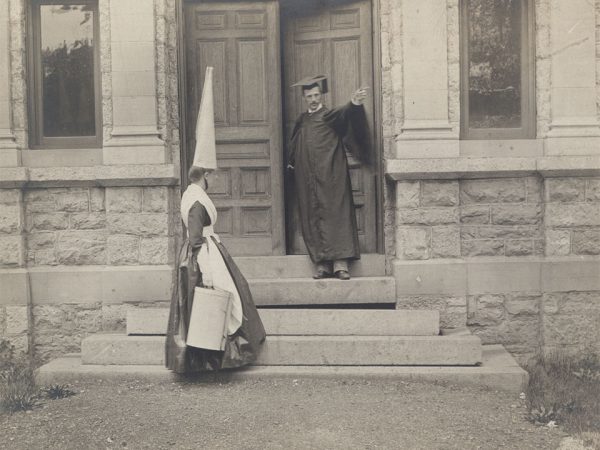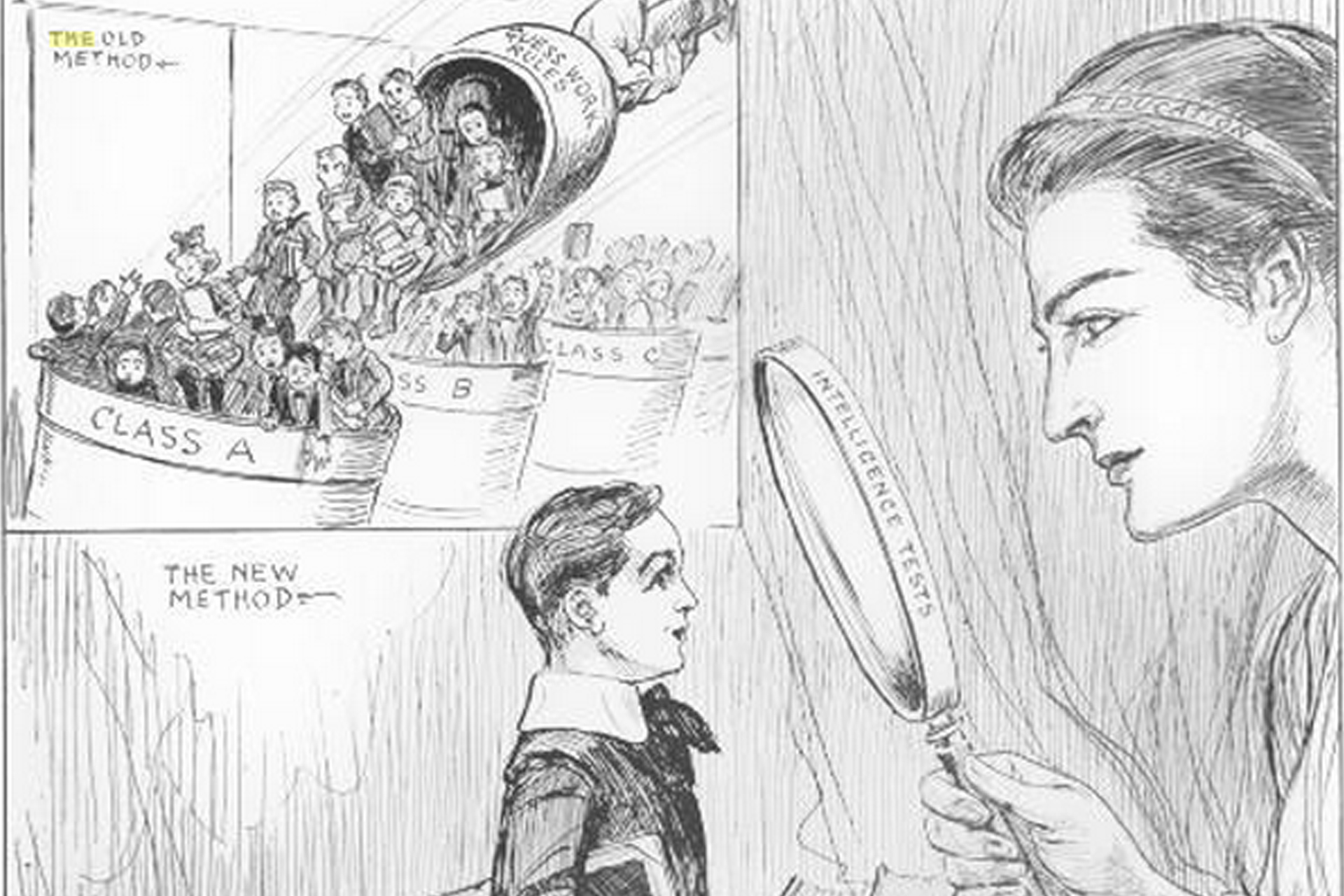Literature, Education and the Sciences of the Mind in Britain and America, 1850-1950
17-18 July, 2018 – University of Kent
Keynote Speakers:
Professor Helen Small, Pembroke College, University of Oxford
Professor Priscilla Wald, Duke University

Conference CFP
This conference aims to stimulate a wide-ranging discussion about the interactions between British and American literature, education, and the sciences of the mind between 1850-1950. We welcome paper and panel proposals on any aspect of British or American literature, education and/or the sciences of the mind broadly construed.
This conference is part of Dr Sara Lyons’ (PI), Dr Michael Collins’ (Co-I) and Dr Fran Bigman’s (Research Associate) AHRC-funded project, Literary Culture, Meritocracy, and the Assessment of Intelligence in Britain and America, 1880-1920. The project is an investigation of how British and American novelists understood and represented intellectual ability in the period, with a particular focus on how they responded to the rise of intelligence testing and the associated concepts of I.Q. and meritocracy.
Possible topics include literature and:
- Teaching and Being Taught; pedagogical theory and practice
- Representations of Places of Learning
- Examinations, grades, scholarships, qualifications
- Inequality, Discrimination, and Exclusion in Education
- Academic Success and Failure
- Literacy and Illiteracy
- Intellectuals, Experts, Professionalism
- Autodidacticism, Informal Education
- Varieties of education: aesthetic, classical, moral, religious, scientific, technical
- Learning Styles and Types of Intelligence
- Intellectual ability and disability
As well as literature and:
- Professionalisation/ Institutionalisation of Psychology
- Social Psychology
- Developmental Psychology
- Psychometrics and personality testing
- Physiology and psychology
- Psychological Schools and Controversies
- Psychology and Philosophy
- Experimental Psychology
- Psychiatry
- Sexology
- Parapsychology
- Eugenics
- Language and Cognition
Please submit an individual proposal of no more than 350 words or an outline for a 3 paper panel proposal to sciencesofthemindconference@gmail.com by the 1 March, 2018. Papers will be limited to 20 minutes. Please include your name, a short bio, and email address in your proposal.
You can find the conference programme here: Sciences of the Mind Programme. The conference was reviewed by the British Association for American Studies here.
